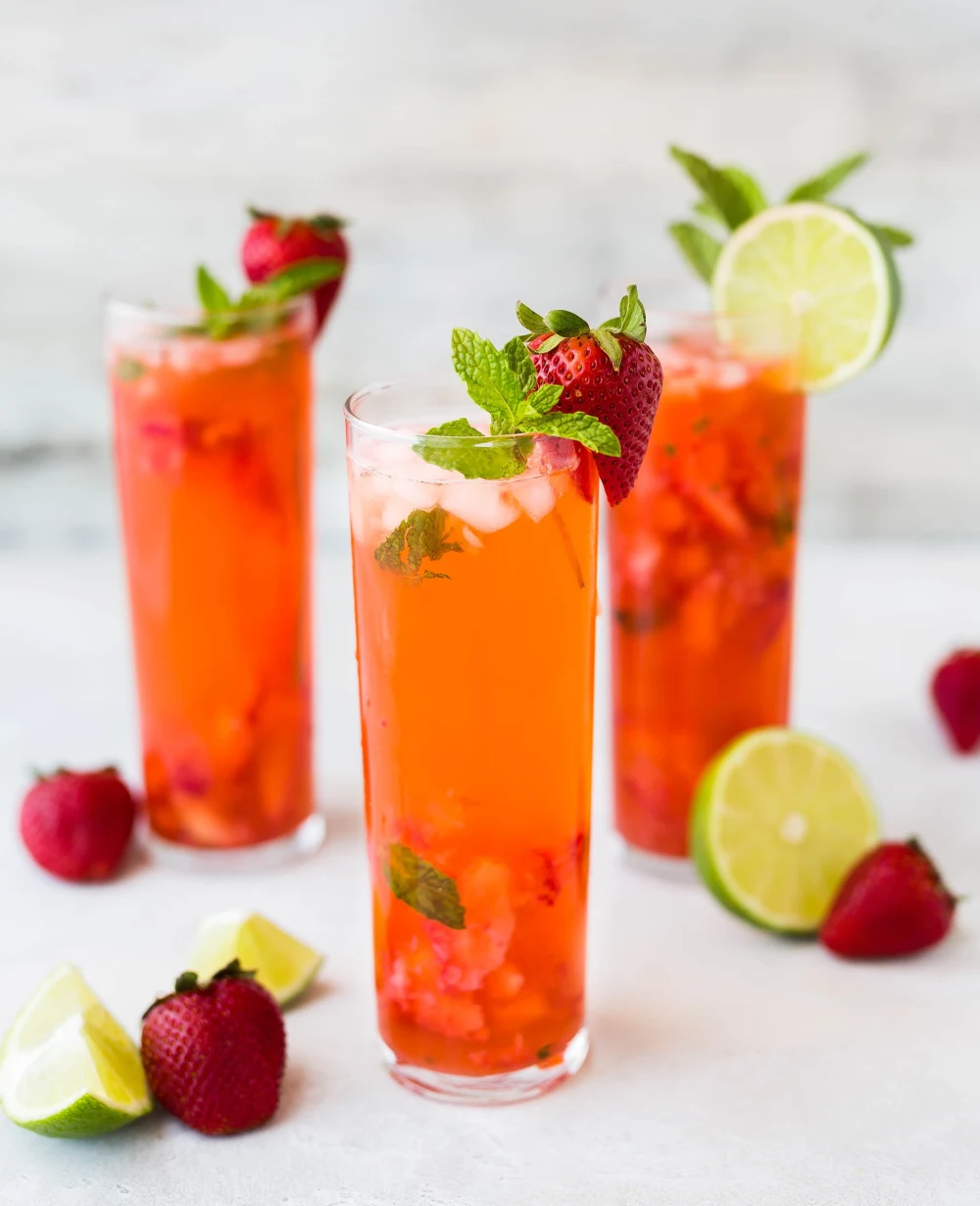Understanding British Pub Culture in 4 Easy Steps
What is exactly the British pub culture and what it is made of? Where do its origins stand? Let‘s find out everything in 4 easy steps!
Step 1: History & Origins in a Glance
Most of us have heard about British pubs, but not many realize how old they are. Pubs are nowhere near a modern creation as they have been around for thousands of years, just in different names and appearances.
First pubs known as tabernae started to pop up along with the construction of the Roman road. Let‘s not forget that ale is a native British drink and after Romans left, the Anglo-Saxons started to establish alehouses that quickly became popular places to not only drink but gossip and more.
By the year 1577, England and Wales already had around 14,202 alehouses, 1,631 inns, and 329 taverns recorded which equals one pub for every 187 people.
However, the modern pubs that we know and love today started in the 19th century with a Beerhouse Act of 1830 which allowed pubs to be purpose-built, have unique architecture, and stand out from regular houses and competition. Gin houses and palaces were becoming increasingly popular as well which leads us into the next step!
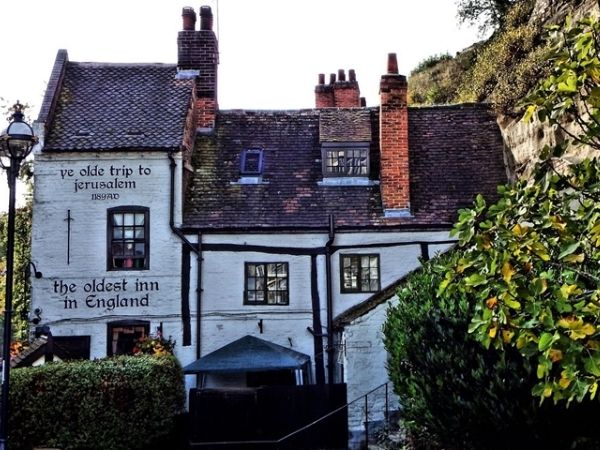
Step 2: Different Types of Pubs & Architecture
If we go back in history, most pubs were indistinguishable from domestic architecture as they were simply a home of the landlord. Today we can see different types of pubs, a chain of pubs, and architectural styles – both old and new.
Here are some of the finest architectural examples of British pubs interior and exterior:
Princess Louise – A magnificent pub built between the late Victorian and early Edwardian pub-building boom with an 1891 Victorian interior design.
Eastbrook Dagenham – One of the finest pubs built between the two world wars where the aim was ‚fewer but better‘. It sports a built-in 1937 in a free Neo-Classical style and was built in 1937.
Blakes of Hollow – The type of pub also depends on the geographical location. This pub in northern Ireland showcases a classic and familiar wooden layout that is perfectly preserved.
Many pubs today also call themselves gastropubs if they have greater food quality and some can even have Michelin stars!
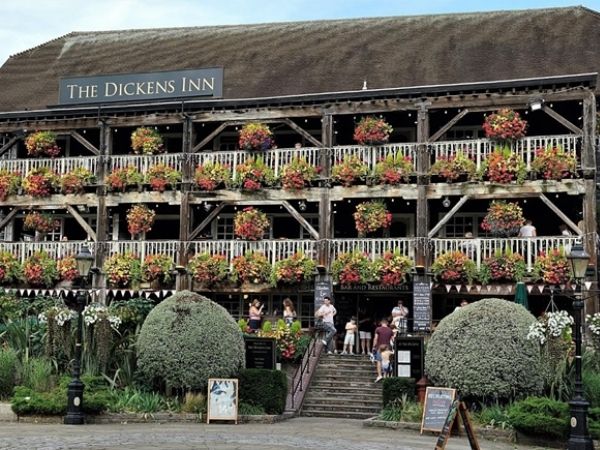
Step 3: Hub for Entertainment & Socialising
By the end of the 18th century, pubs and similar establishments started to provide entertainment of some sort— whether it‘s singing, gaming or sports. And this remains true to this day.
A lot of pubs in Britain have their own sports teams too. In more traditional pubs you can see people playing darts, pool, indoor quoits, and other games.
Just like the old pubs used to gather local communities to solve problems together, modern pubs also play an important role in British culture as a socializing tool. This is where the locals meet their friends and simply unwind.
In the pub everyone is equal. After all, in British pub culture, it is perfectly normal for strangers to talk to each other. Whether it is about sports, family, or politics, and there is usually space where customers stand and sit around the bar. During the week, pubs become a place for a quick lunchtime drink or a social meeting while weekends will see more of a younger crowd.
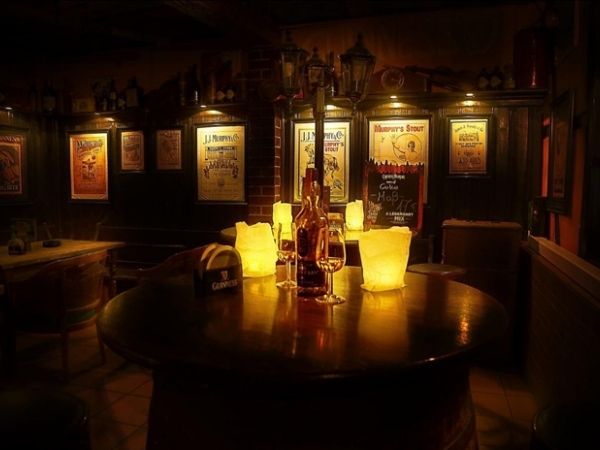
Step 4: Foods & Drinks of British Pub Life
First of all, you must forget all the fancy cocktails at the pub. A British pub will serve you lager, ale, perry, wines, cider, or spirits. These pubs are usually equipped with a large and beautiful selection of tap beer!
If you are not a drinker, you will be able to get soft drinks such as coke, bottled fruit juices, or fizzy water.
When it comes to food, the basic bar snacks like crisps are always offered even if the pub doesn‘t serve meals. However, some pubs do serve lunch and dinner and have a variety of sandwiches to chew on.
If you are aiming for quality foods but want the pub experience as well, then our previously mentioned gastropubs are your best bet!
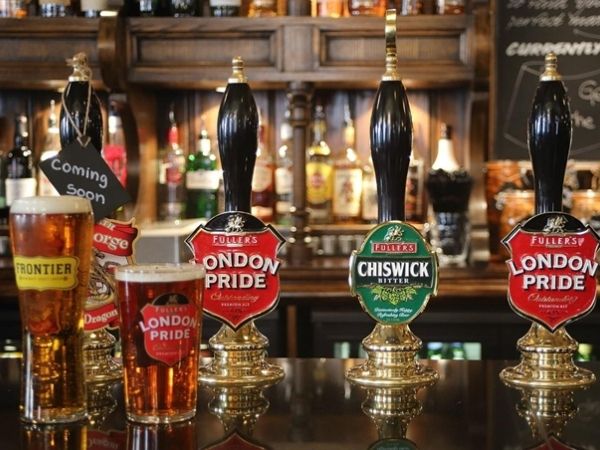
Conclusion + Bonus Step (Interesting Facts & Statistics)
In the end. pubs are not only an important part of British culture, but they also have interesting facts, statistics, and records under the sleeve.
Let‘s finish on a high note with some of the most interesting facts about British pubs:
The town of Rhayader in mid-Wales has the most pubs per person with 12 pubs for 2,075 residents.
The lowest pub in England is Admiral Wells in Peterborough situated 9ft below sea level.
The Old Forge Pub is one of the most remote pubs on the planet cannot be reached with a car. A Mountain hike of 29km or 11km sea crossing is required to enjoy a pint here.
Bruce Masters holds the world record for the highest amount of pubs visited across the UK with over 45,000 pubs visited.
Around 15 million people visit a pub at least once a week in Britain.
Now go out there, explore and have fun while appreciating the historic value of British pub culture and its legacy that still goes on to this day. After all, what is a visit to Britain without getting a pint in a good old pub? Enjoy!
